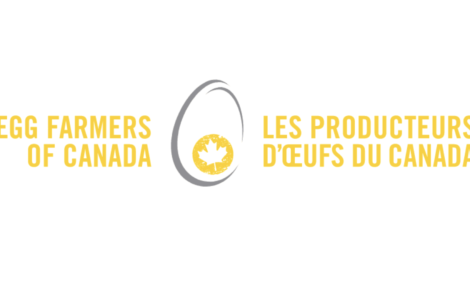



Layer Cage Ban Hits German Egg Producers
UK - British egg farmers should learn from the experience of those in Germany and make preparations for the coming ban on layer cages as early as possible, according to Klaus Torborg of Lohmann Animal Health, who was addressing a producers' meeting.
British egg producers should take extra care to prepare themselves for the new legislation governing the use of cages in advance of an EU-wide ban in 2012. The German industry delayed converting its systems and became badly caught out. As a result, many producers have been forced out of production, Klaus Torborg of Lohmann Animal Health told a meeting of leading UK egg producers in Shropshire.
The number of layers dropped from 40 million to around 33 million and self-sufficiency in eggs fell from 70 per cent to 55 per cent. Imports have flooded in from other countries, particularly Holland, which has been quicker to convert its systems.
In a scenario uncannily similar to the Edwina Currie disaster in 1988, a decade later the coalition German government, particularly influenced by Green Party Minister, Renate Künast, sealed the fate of the German egg industry.
Under a 'red/green' government, Germany was over-eager to comply with EU policy and required enriched cages to be installed three years before it became necessary under EU law. But when the government changed to a conservative administration, this was not repealed so the efforts of producers who had installed enriched cages were not rewarded. Their eggs were simply labelled as 'Class 3', the same as those from standard cages, explained Mr Torborg.
Producers have, therefore, been faced with large-scale investment but, because of high level of demand, getting the equipment supplied in the time available has been more of an issue than simply price or even preferred choice.
A further big influence on the industry has been what the Germans term the 'discounters' – supermarkets such as Aldi, Lidl and Netto. "The discounters now account for around 47 per cent of all eggs sold in Germany and, for marketing and animal welfare reasons, will not sell eggs from enriched cages. Therefore, most egg producers, despite high investment in enriched cages, will have to convert to the barn system," he said.
Cage houses converted to the barn system hold far fewer birds, due to the lower stocking density, so many producers are, additionally, faced with putting up new buildings if they wish to maintain their hen numbers.
Mr Torborg suggested investment costs for converting to a barn system in Germany would be €20 to 22 (£18 to 20) per bird place, €28 to 32 (£25 to 28) if putting up a new building; €18 to 22 (£16 to 20) for enriched cages and €15 to 20 (£13 to 18) for free-range and organic. Costs of production, per egg, would be increased by one cent for enriched cages, 2.4 cents for a barn system and 3.5 cents for free range (10.7p, 25.7p and 29.6p per dozen, respectively) compared with cages.
Next year, it is anticipated that 60 per cent of eggs will be produced in barn systems, 20 per cent in enriched cages and 20 per cent from free-range and organic, explained Mr Torborg.
German egg consumption is healthy with the 80 million human population consuming an average of 207 eggs per head per year – compared with 172 eggs in Britain – but the discounters are likely to put increasing pressure on prices, he pointed out.
Currently, one discounter sells barn and free-range eggs for €1.29 and 1.59 (£1.15 and £1.42, respectively, for 10 eggs. In general, producer price levels are reasonable and Mr Torborg was optimistic that if there are no big changes, Germany will get back to 40 million layers by 2012.











